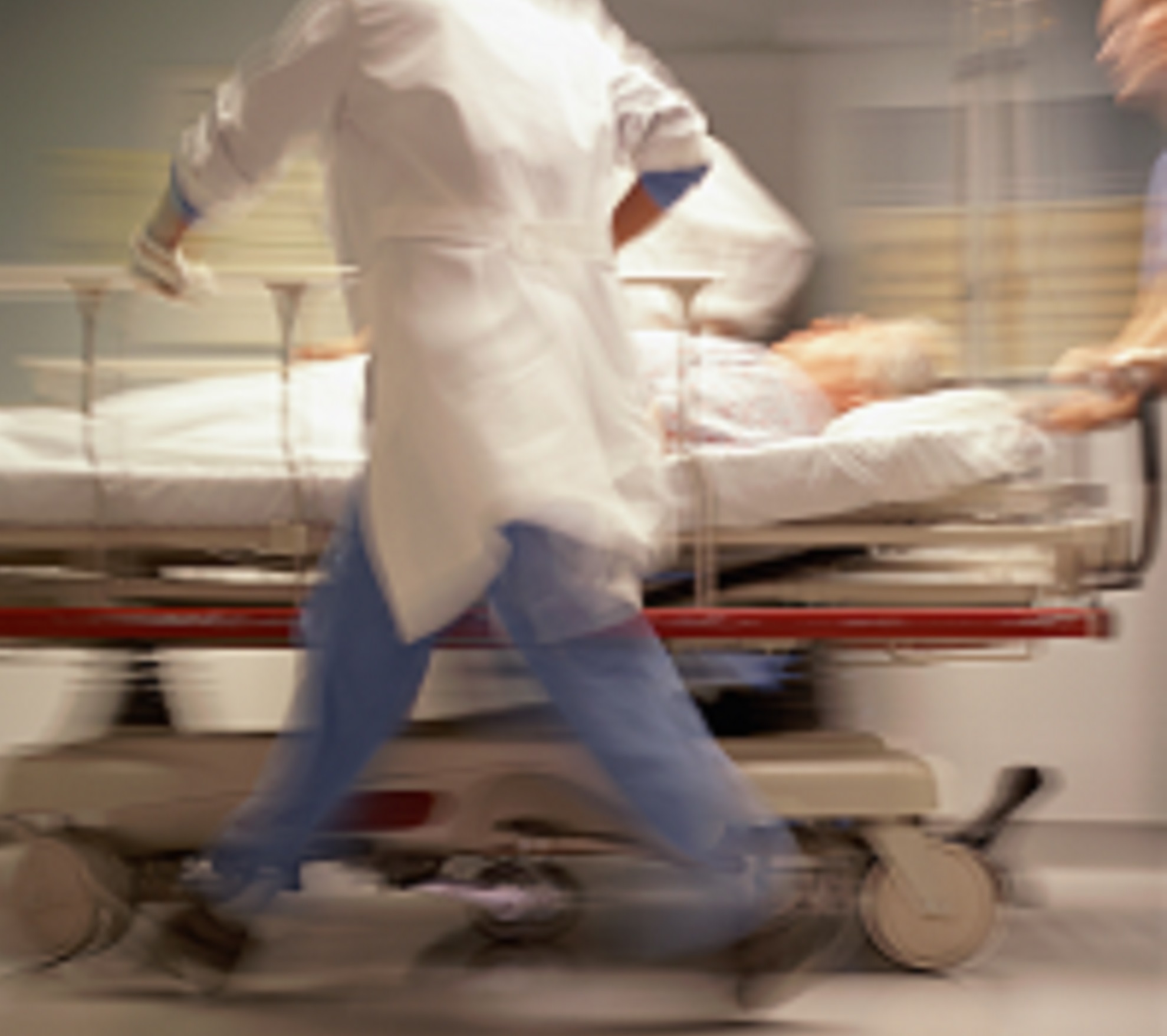A perspective article published in the New
England Journal of Medicine described the current dilemma of many emergency
department employees: is my work care for patients with coronavirus disease
2019 (COVID-19) endangering my loved ones?
Dr Christian Rose, MD, a physician at an
emergency department in San Francisco, California, wrote about his
mother-in-law who was diagnosed with bronchiolitis obliterans, a chronic,
progressive and eventually fatal lung condition, in 2019. Though there is no
cure for the disease, and Dr Roses’ mother-in-law committed to the recommended physiotherapy
and breathing exercises in an effort to stymie disease progression. But Dr.
Rose’s work, should it bring COVID-19 home, may obviate her efforts and
endanger her life.
The position of doctors during a pandemic is a challenging one. Because they comprise the core of outbreak response programs, healthcare workers are at a substantially elevated risk for developing COVID-19—and for spreading it. Work-related stress is believed to weaken immune response and increase the risk of developing infection in healthcare providers, who may then take the infection, with potentially higher viral loads, home to their close contacts. In the time of COVID-19, as has been the case with past outbreaks, many healthcare workers report stigma from the public and from family members.
For his mother-in-law, despite her painstaking adherence to hand-hygiene recommendations, and respiratory droplet precautions, Dr Rose’s work may make her significantly more vulnerable. For this reason, after particularly high-risk exposures, healthcare practitioners may elect to stay with colleagues, or at hotels, simply to stay away from family members and decrease any potential risks. Dr Rose reports doing just this after treating a patient who required intubation for possible COVID-19.
As the COVID-19 pandemic unfolds and the US
healthcare system struggles to adapt, so too do healthcare workers. Is it
irresponsible to remain in the house with high-risk family members, friends? “We
wonder whether our commitment to our community puts our families at risk,” Dr
Rose wrote. “[But if we] stop coming to work, the health care system will face
further stress, and patient outcomes will suffer.” As with other pandemic
response efforts, the answer may lie in one another: “[in] times like these…a
colleague’s spare bed may be the closest approximation of home that we can
find.”
Reference
Rose C. Am I part of the cure or am I part of the disease? Keeping coronavirus out when a doctor comes home [published online March 18, 2020]. N Engl J Med. doi:10.1056/NEJMp2004768
This article originally appeared on Infectious Disease Advisor
this content first appear on medical bag

